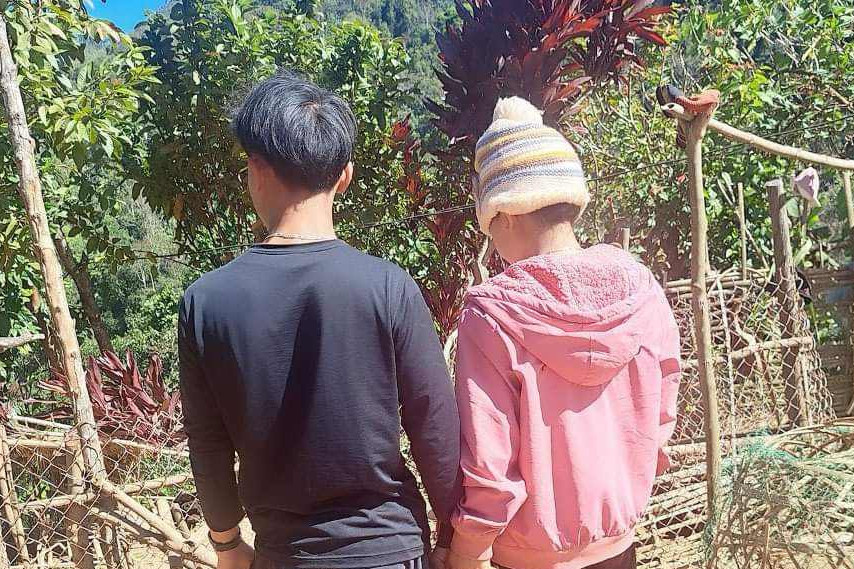
“Q, 18, from Mekong Delta, just called me a few days ago from somewhere near the Myanmar-Thailand border line. Eight months ago, Q first asked for my help after he realized that he became a victim of human traffickers,” Do Duy Vi, managing director of Rong Xanh (Blue Dragon), a not-for-profit organization, said.
Q was a lottery ticket seller Vi met 10 years ago in HCM City.
“I asked him if he could escape the nest, and he said ‘no’. And he has been staying there since then. We are helpless in this case,” Vi continued.
Q is just one of numerous victims stuck at human traffickers’ nets on the other sides of the border, where traffickers force victims to scam others and work hard, and beat, starve and torture victims like slaves.
If victims cannot fulfill the works they are told to do, they may be sold, and they may be exploited and threatened, and even have to sell their organs as ransom for their release.
Q did not dare run away, or he did not have the chance to run away. If traffickers catch victims, they will be brought back to the nests and may be beaten to death.
H seemed to be luckier than Q. He successfully escaped the nest and was carried to Vietnam by Rong Xanh’s officers.
H, 20, from Son La, was an unofficial laborer. When he heard that he could find a good job with the monthly income of VND10-15 million in Cambodia, he immediately agreed on the job offer.
However, he did not receive the job he expected. What he had to do was trick people out of depositing money online. As he could not do this, he owed a huge amount of money to traffickers.
H once managed to contact his family in Vietnam and asked to pay ransom for him. However, his family members could not arrange such a huge amount of money. Realizing that he may be carried to the Golden Triangle and sold to other bosses, H decided to take a daring move.
At midnight, H jumped over a 3-meter-high wall but was injured. He managed to drag his legs along to a place where he sent messages and called Rong Xanh’s social workers. After that, he was helped to come back to Vietnam.
“As soon as he reached our office, we brought him to the hospital,” Nguyen Quang Anh, an officer of Rong Xanh, recalled.
There are two scenarios for trafficking victims. First, they cannot escape the traffickers and have few opportunities to return to Vietnam. Second, they can run away and return to Vietnam with support of agencies and social organizations.
However, according to Vi, it is necessary to think about one more important problem: what will the rescued victims do to change their lives?
“There are some victims who are swindled two times. This is because after being rescued and brought to Vietnam, they don’t know what they need to do to earn their living. They are still in desperate situation and have no livelihood. Therefore, they accept to take risk once more, making a new attempt,” he explained.
“As long as they still don’t have stable jobs, they will think about leaving the homeland to earn money to help themselves and their families escape poverty,” he said.
“When people are in a desperate situation, they are ready to do everything they can, including things that may put them at risk,” Vi concluded.
That is why preventing and fighting human trafficking is not just about warning people, and rescuing victims. It is also necessary to heighten awareness of people, create jobs, give knowledge and create livelihoods for the community and disadvantaged people.
“Rescuing victims from traffickers won’t have much significance if we cannot solve the problems of poverty and no livelihoods to the root,” Vi said, adding that this is a big problem which can be solved only if agencies and organizations cooperate with each other.
Rong Xanh is working with local agencies and branches to establish anti-human trafficking models, organizing activities of helping create livelihood, providing scholarships, supporting the poor to build houses, and creating jobs. The mission is to stop human trafficking.
Nguyen Thao